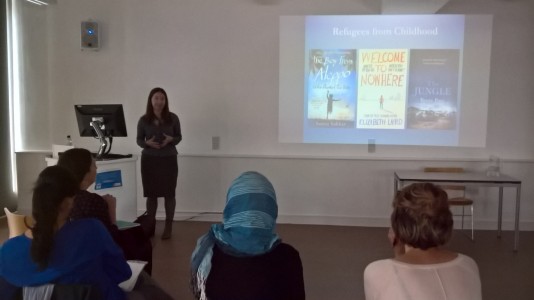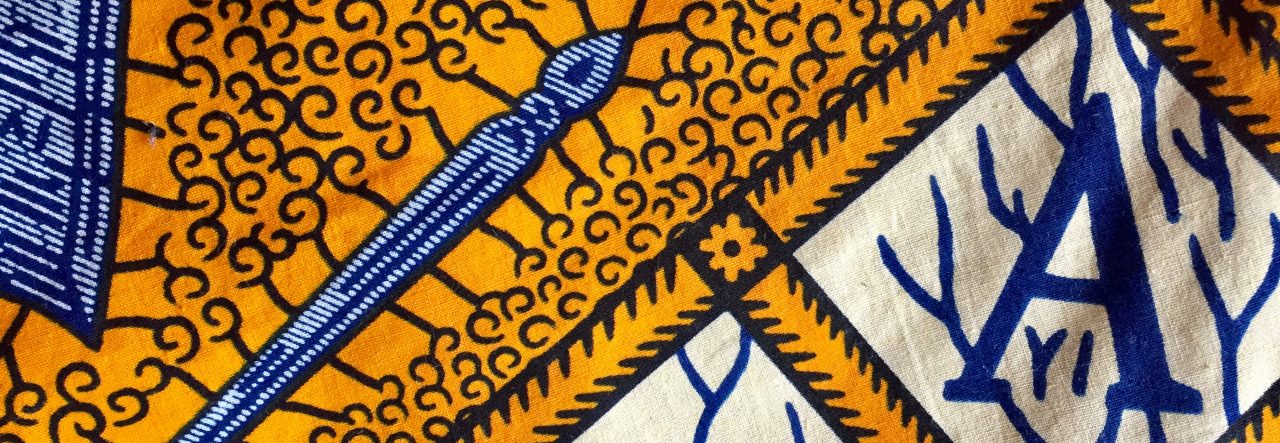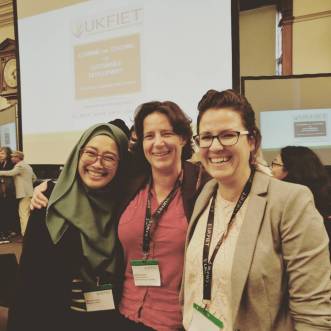By Dr Bernardita Munoz Chereau
On Tuesday the 12 of September, 2017, the one-day workshop facilitated by Dr Bernardita Munoz Chereau and Dr Julia Paulson, entitled ‘Children’s literature and its role in learning about conflict and peace’ took place at the School of Education, University of Bristol.
Funding from the Faculty of Social Sciences and Law International Development Group enabled us to invite leading speakers and provide refreshments for participants, which allowed the exploration of ideas and discussions into the ways in which children’s literature might be used to foster teaching and learning about conflict and peace.

In the current context — where the record levels of people are forced to flee their homes, the refugee crisis and the threat recent polarisation and terror attacks pose — the challenge of how to learn about conflict and peace in the school system, has reach a critical momentum. The workshop took an interdisciplinary approach to reflect on the role that children’s literature can play when tacking these issues in the educational setting.
The Workshop was introduced by Julia Paulson, Senior Lecturer and Deputy Director of CIRE, SoE, who provided the context of research and practice around education, conflict and peace. Julia argued that although causes and legacies of political conflict permeate the educational experiences of young people living in post-conflict countries, conflict is not always recognized, nor its teaching supported by formal curriculum. She also recognized that in the conflict and peace education field, there is a lack of research focusing on children’s literature, and the need for taking an interdisciplinary approach.
Then Lorna Smith, Senior lecturer, SoE, organized a debate regarding whether 15 children’s and young adults books (such as The Boy in the Striped Pajamas, To Kill a Mockingbird, Lord of the Flies and Macbeth), according to the audience and contrasted with the in Key stage 3 and Key Stage 4 English Curriculum, should or should not be read by children in schools.

Lorna Smith, Senior lecturer, SoE, leading a small group within the workshop
We moved next to the representation of conflict in Children’s literature. Dr Blanka Grzegorczyk, Teaching Associate, Faculty of Education, University of Cambridge, drawing on a forthcoming book to be published in 2018 by Routledge, focused on the ways in which contemporary British Young Adult’s books (such as The Boy from Aleepo, Welcome to Nowhere and The Jungle) are representing Terror and Counter-Terror in Contemporary British Children’s Literature.

Dr Blanka Grzegorczyk, Teaching Associate, Faculty of Education, University of Cambridge
The following presentation delivered by Dr Bernardita Munoz Chereau, Post Doctoral Fellow, SoE focused on 6 contemporary children books that represent the Chilean dictatorship for a Chilean and international audience. Drawing on a 2017 paper published in Children’s books in Education journal titled “Representations of Dictatorship on Contemporary Chilean Children’s Literature” and recently submitted work, Bernardita argued that the authors’ positionality in terms of nationality, voice and context of production of the books were critical to take into account when understanding differences in which children characters are depict within the narratives and the way in which the dictatorship is represented for a young audience.
In the afternoon perspectives and possibilities were explored by putting together two presentations that dealt with the role of fiction as a tool for enhancing research epistemologies and memory work. Dr Goya Wilson Vasquez, Research Associate, Hispanic, Portuguese and Latin American Studies Department, School of Modern Languages, draw on her 2017 award winning doctoral thesis LASA/Oxfam America 2017 Martin Diskin Dissertation ‘Troubling (the) Testimonio: The borderlands of collective memory work—Writing a narrative inquiry with the HIJXS de Perú Group’ Awarded by the Latin American Studies Association.

Dr Goya Wilson, Research Associate, Hispanic, Portuguese and Latin American Studies Department, UoB
Finally, Dr Bernardita Munoz Chereau closed the workshop by sharing with the audience her experience of life in a dictatorship and the process of writing the award-winning IBBY-Chile Colibrí honourable mention 2017 Noelia’s Diary – her latest children book recently published in Chile, which deals with her experience of growing under Pinochet’s dictatorship, as well as the ways in which academic inquiry helped her overcoming censorship.

Dr Bernardita Munoz-Chereau, Senior Research Associate, SoE
The fund obtained was vital for nurturing and enhancing the visibility of a new niche of interdisciplinary research that is emerging at the SoE around children’s literature and its role when learning about conflict and peace, as well as to build new collaborative networks across academics from different centers, departments, faculties and UK universities (UoB, Cambridge and IoE-UCL) in the fields of Peace Education, English Curriculum, Qualitative Methodologies and Literature.





